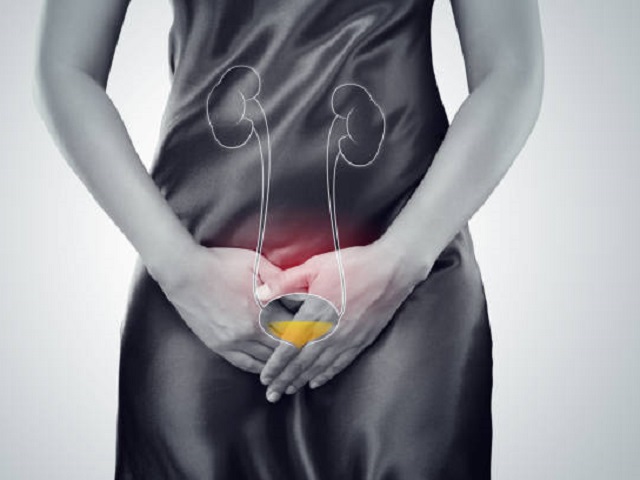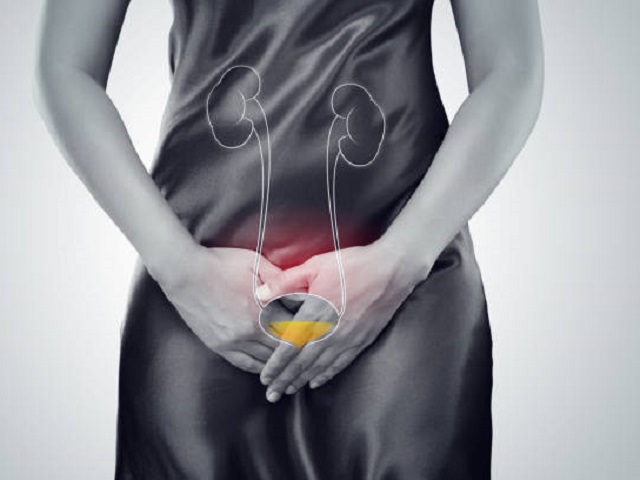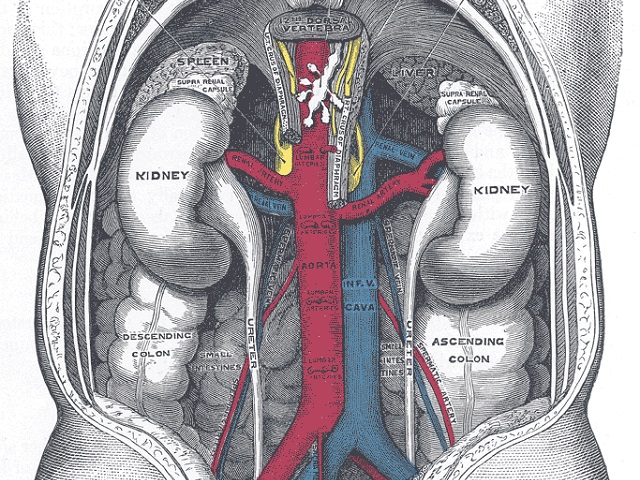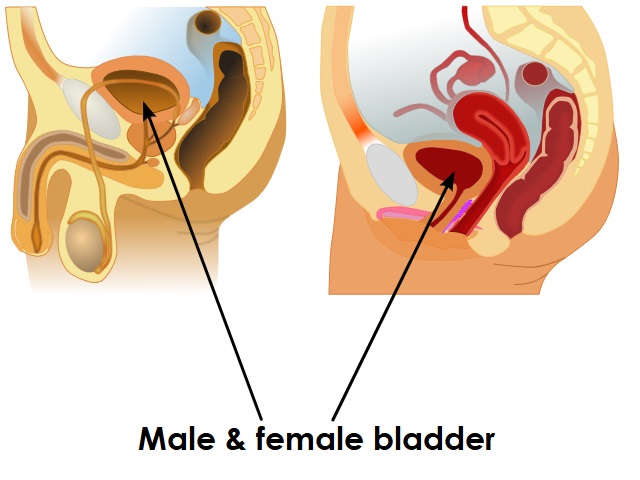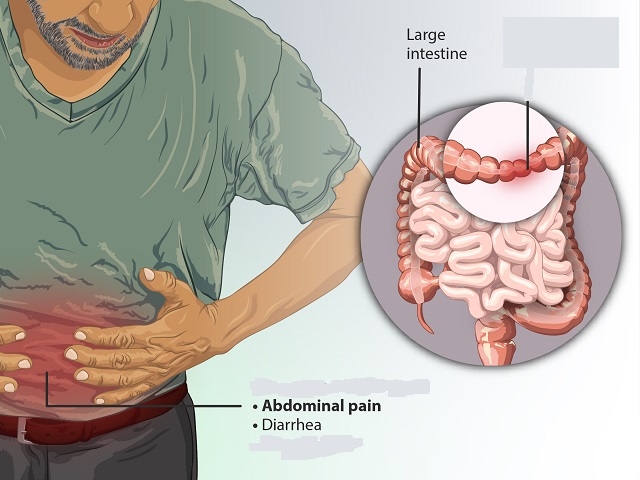8 Signs You May Have Urinary tract infections -- Symptoms, Causes, Effects, Treatment and Prevention
Urinary tract infections (UTIs) occur when bacteria or other pathogens infect any part of the urinary system, including the bladder, urethra, ureters, or kidneys. UTIs are more common in women than in men and can range from mild to severe. Prompt diagnosis and treatment are important to prevent complications.
Symptoms of Urinary Tract Infections
Common symptoms of UTIs may include:
- Frequent urge to urinate
- Pain or burning sensation during urination
- Cloudy or strong-smelling urine
- Blood in the urine
- Lower abdominal pain or discomfort
- Pelvic pain (in women)
- Fever and chills (signs of a more severe infection)
- However, symptoms can vary depending on the specific location and severity of the infection.
Causes of Urinary Tract Infections
UTIs are typically caused by bacteria, most commonly Escherichia coli (E. coli), which naturally resides in the gastrointestinal tract. The bacteria can enter the urinary system through the urethra and multiply, leading to an infection. Other bacteria, such as Staphylococcus saprophyticus and Klebsiella pneumoniae, can also cause UTIs. In some cases, viruses or fungi may be responsible for urinary tract infections.
Effects of Urinary Tract Infections
If left untreated, UTIs can lead to more serious complications, such as:
- Kidney infection (pyelonephritis): When the infection spreads to the kidneys, it can cause high fever, back or flank pain, and potentially lead to kidney damage.
- Sepsis: In rare cases, a severe UTI can progress to sepsis, a life-threatening condition characterized by a widespread infection throughout the body.
Treatment of Urinary Tract Infections
The treatment of UTIs typically involves antibiotics to eliminate the bacteria causing the infection. The specific antibiotic and duration of treatment may vary depending on the severity and location of the infection. It is important to complete the full course of antibiotics as prescribed by a healthcare professional to ensure the infection is fully eradicated.
Prevention of Urinary Tract Infections
To prevent UTIs and reduce the risk of recurrence, the following measures may be helpful:
- Stay hydrated: Drink plenty of water to help flush bacteria out of the urinary system.
- Urinate regularly: Avoid holding in urine for long periods and make sure to empty the bladder completely.
- Practice good hygiene: Wipe from front to back after using the toilet to prevent bacteria from the anal area from spreading to the urethra.
- Urinate before and after sexual intercourse: This can help flush out bacteria that may have entered the urethra during sexual activity.
- Avoid irritating products: Use gentle, fragrance-free personal hygiene products and avoid excessive use of irritating substances, such as harsh soaps or douches.
Note: The information provided is for educational purposes and should not replace professional medical advice. It is always recommended to consult with a healthcare professional for accurate diagnosis, evaluation, and personalized guidance.
References:
Mayo Clinic. (2021). Urinary tract infection (UTI). Retrieved from https://www.mayoclinic.org/diseases-conditions/urinary-tract-infection/symptoms-causes/syc-20353447
National Institute of Diabetes and Digestive and Kidney Diseases. (2017). Urinary Tract Infections (UTIs). Retrieved from https://www.niddk.nih.gov/health-information/urologic-diseases/urinary-tract-infections-utis





